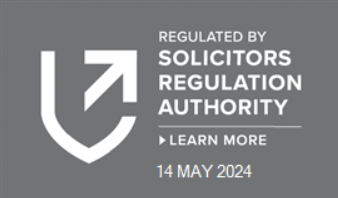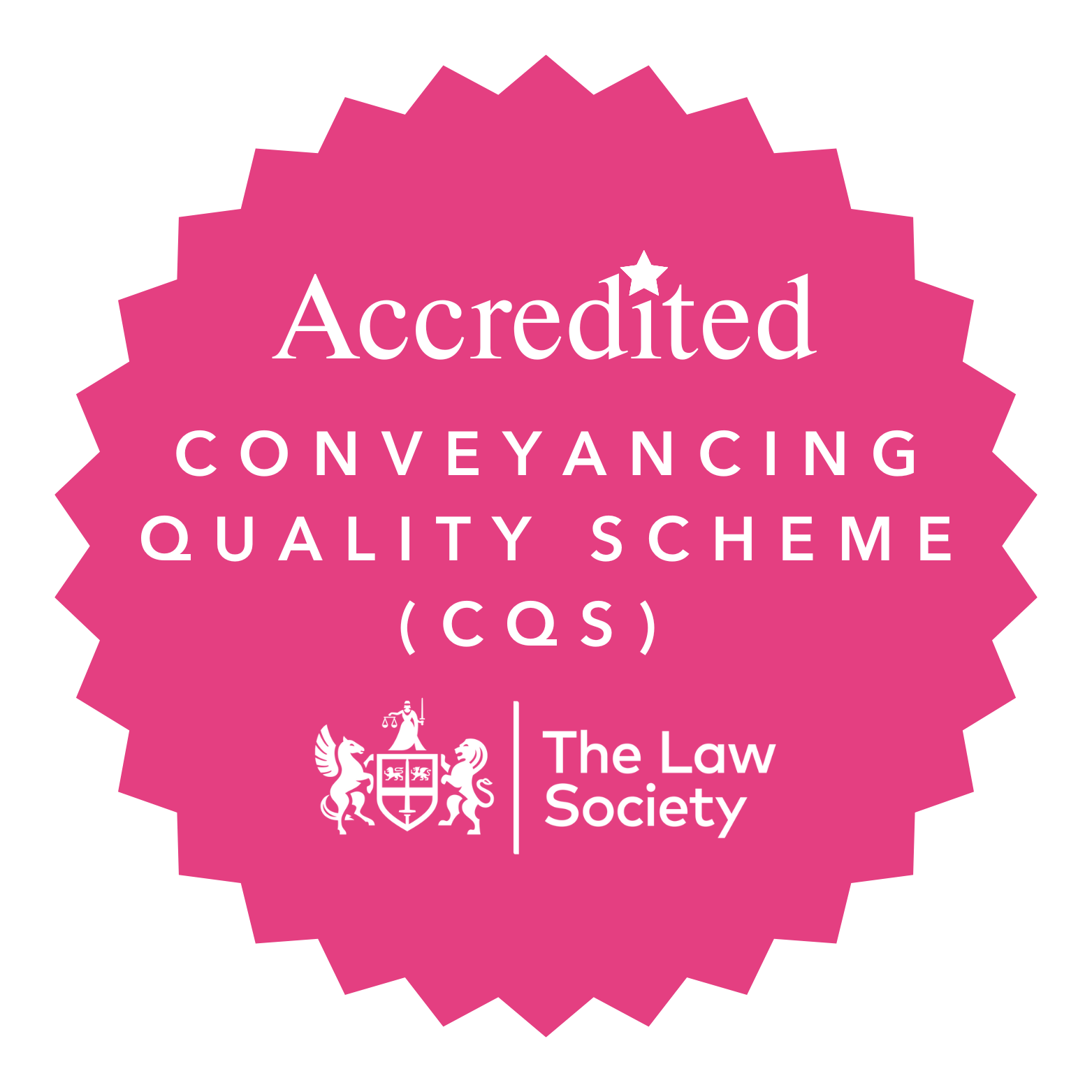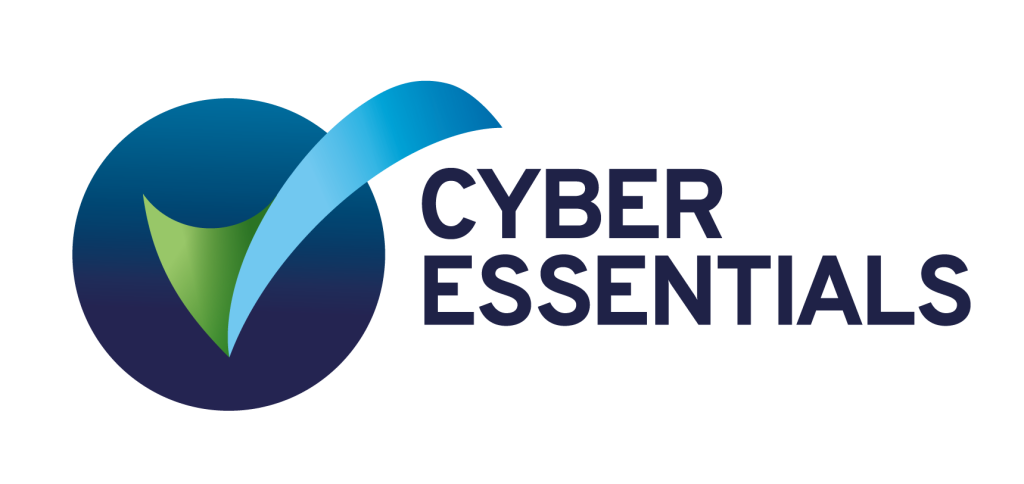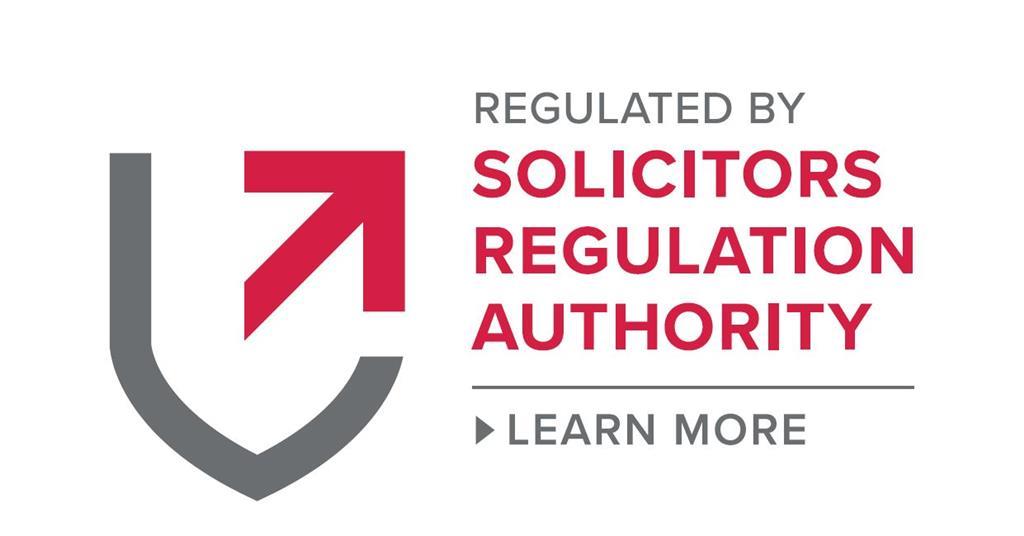Freehold and leasehold property can be difficult to understand. When you buy a property in England and Wales you own it under one of the following methods – Freehold and leasehold property.
Understanding the difference between freehold and leasehold property can be difficult to distinguish.
We explain below the two types of ownership.
Leasehold Property
Almost all flats and occasionally some houses, are sold on a Leasehold basis.
If the property you are buying is Leasehold you will have a Lease.
This document grants you the right to live in the property for the remaining length of the lease and under the terms of the Lease. For example, you may have to ask for permission to make any alterations and may not be able to keep pets or use the property for a business. You will not own the land that the Property sits on which is known as the Freehold and once the Lease ends, the Property will go back to the Freehold owner.
With a Leasehold Property you will have a Landlord, who will be the owner of the Freehold. Your Lease outlines obligations like paying ‘ground rent’ and typically an annual ‘service charge’ to the Landlord or their agent/management company. This charge covers services, building insurance, and other obligations outlined in the Lease.
It is important to know how long is left on the Lease (the remaining term). A lease is granted for different lengths usually 125 years or less although it could be as long as 999 years.
Many Lenders will not lend a mortgage on a Lease that has dropped to a term of under 80 years. Thus, it is vital to check the length of the remaining term of the lease before you make an offer to buy a Leasehold property
It is possible to extend the term of the Lease and we can advise you about this during the transaction and provide you with a fee estimate if necessary.
Please contact us if you have any questions on freehold and leasehold property.

Freehold Property
If the Property you purchase is Freehold you will own the Building and Land that the property sits on plus any other land that is within the Freehold title.
Unless the Freehold sits within an Estate then you will not have to pay any annual charges to a third party which a Leaseholder may do. If the Property does sit on an Estate (and this is applicable for new builds especially) you may have to pay an Estate Charge to the developer for services provided to the Estate as a whole.
Please contact us if you have any questions on freehold and leasehold property.

Share of Freehold and Leasehold Property
Freeholds can be owned by Companies or by named individuals. Sometimes a Leasehold Property is sold with a share in the Freehold.
This is when Leaseholders also have an interest in the Freehold of which their property forms part. For example, you own a flat and together with the other flat owners in the building own a share in the Company which owns the Freehold. Alternatively, in smaller blocks and maisonettes the Freehold may be held either by one Leaseholder OR by all in their personal names.
This Guide is intended as a general reference aid only. If you have any questions regarding freehold and leasehold property, please contact us on 020 8367 3230 or reception@martinshepherd.co.uk.







